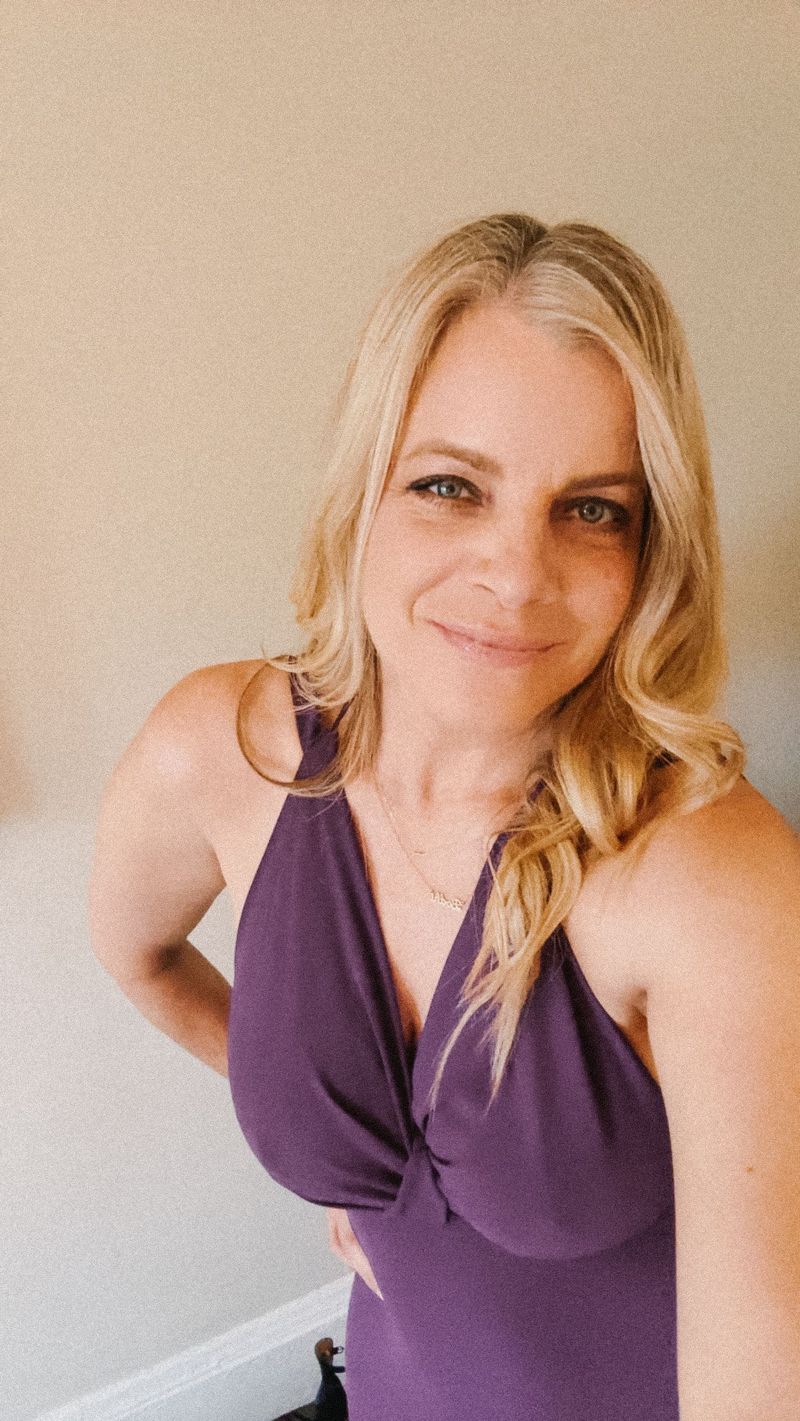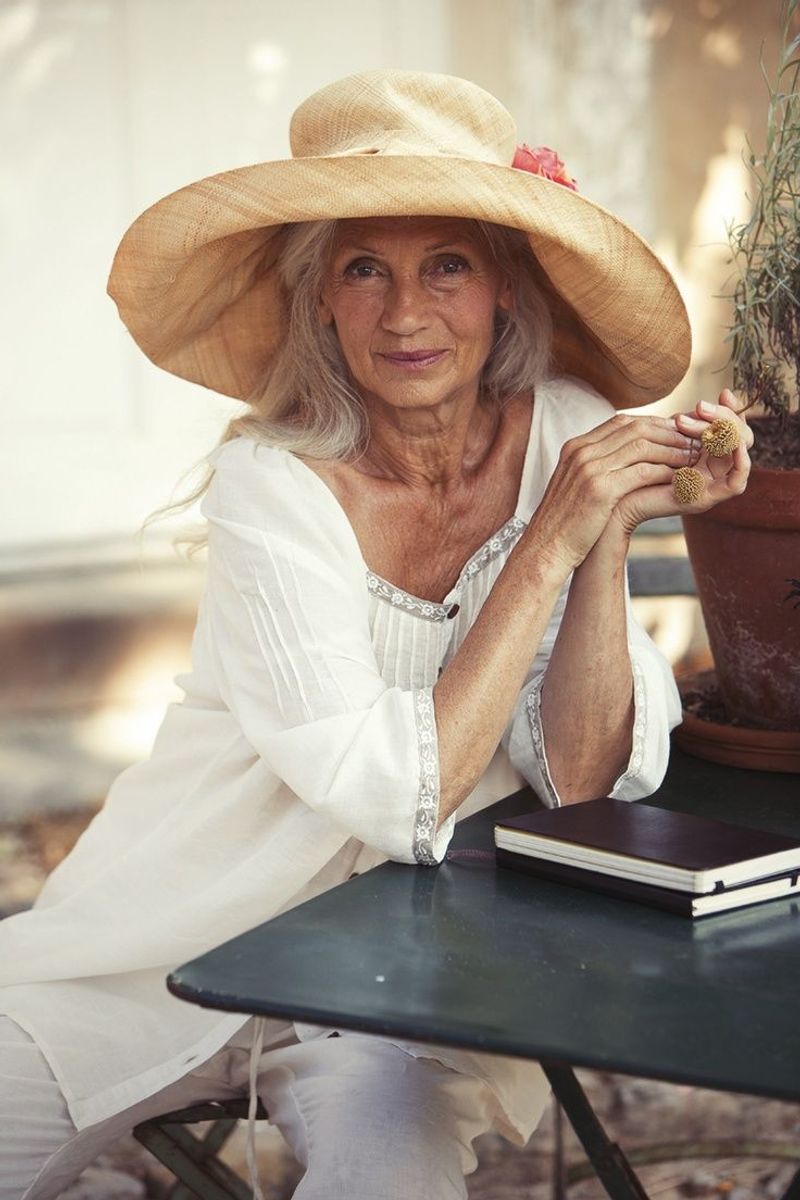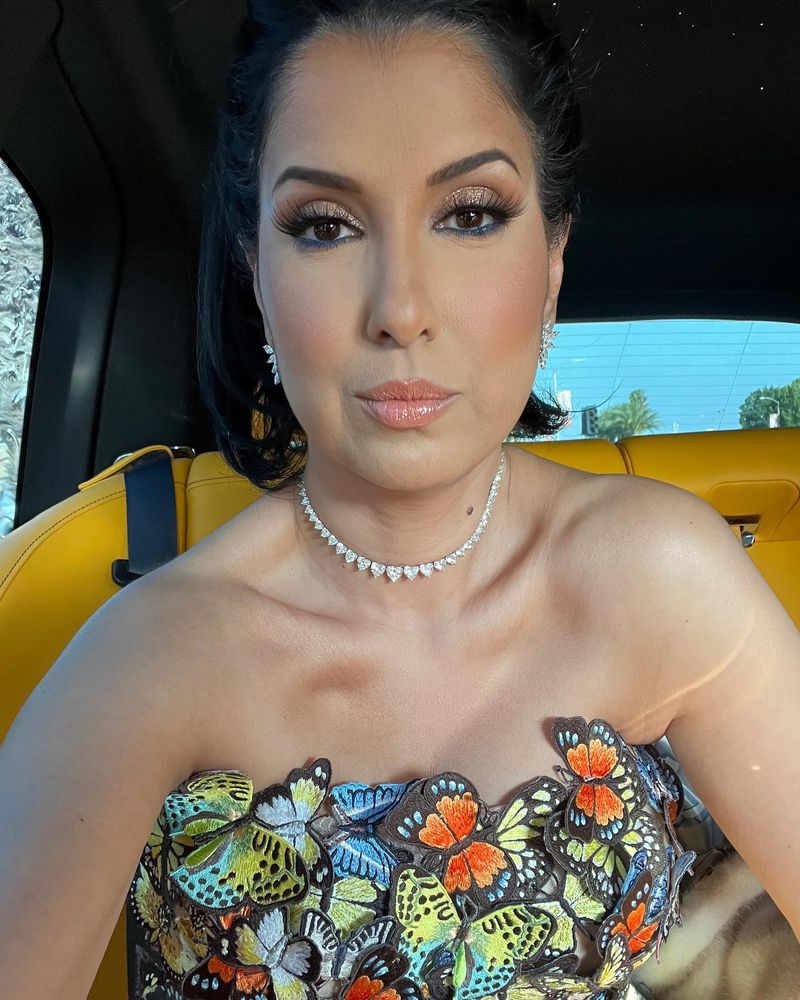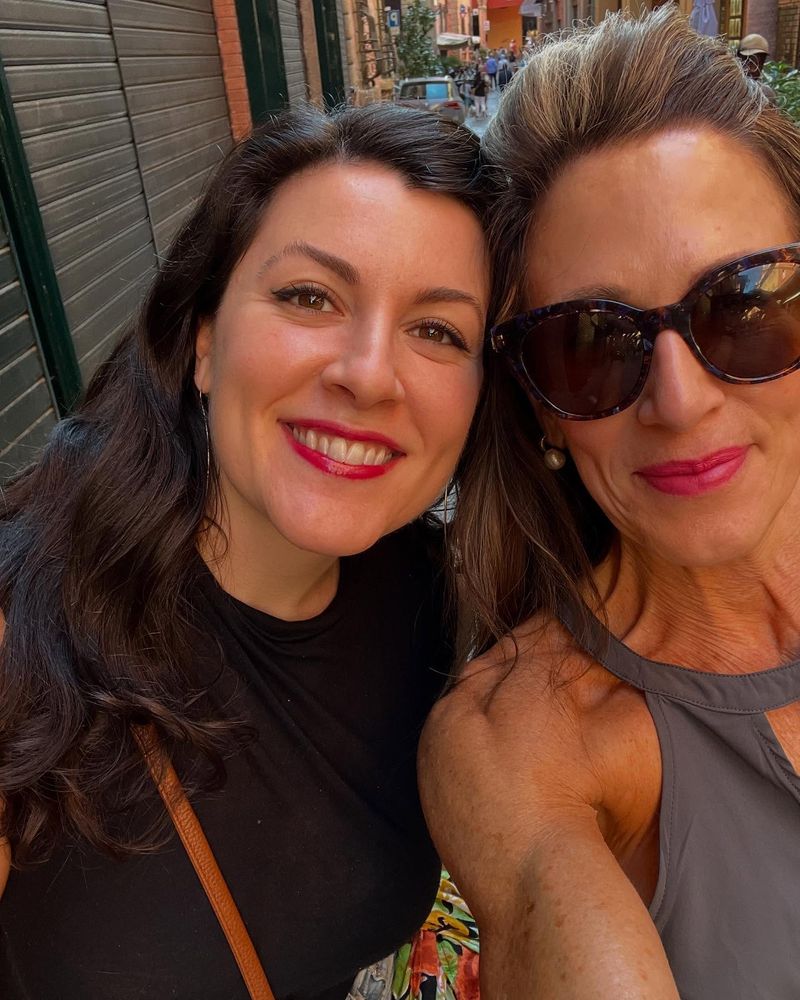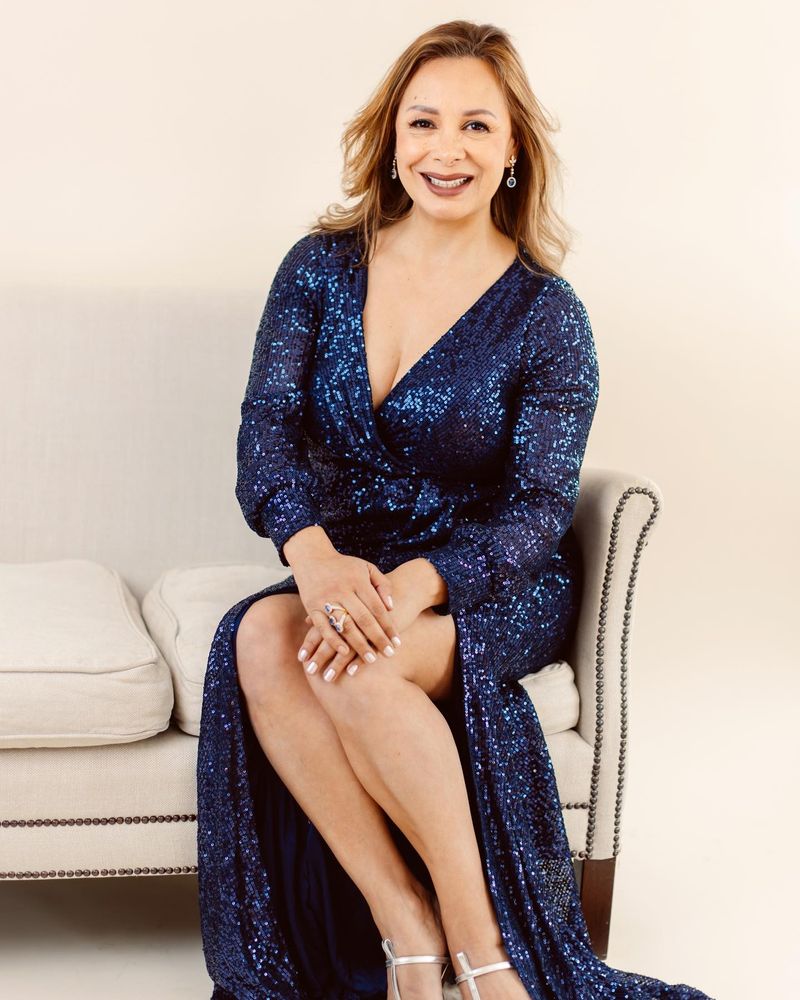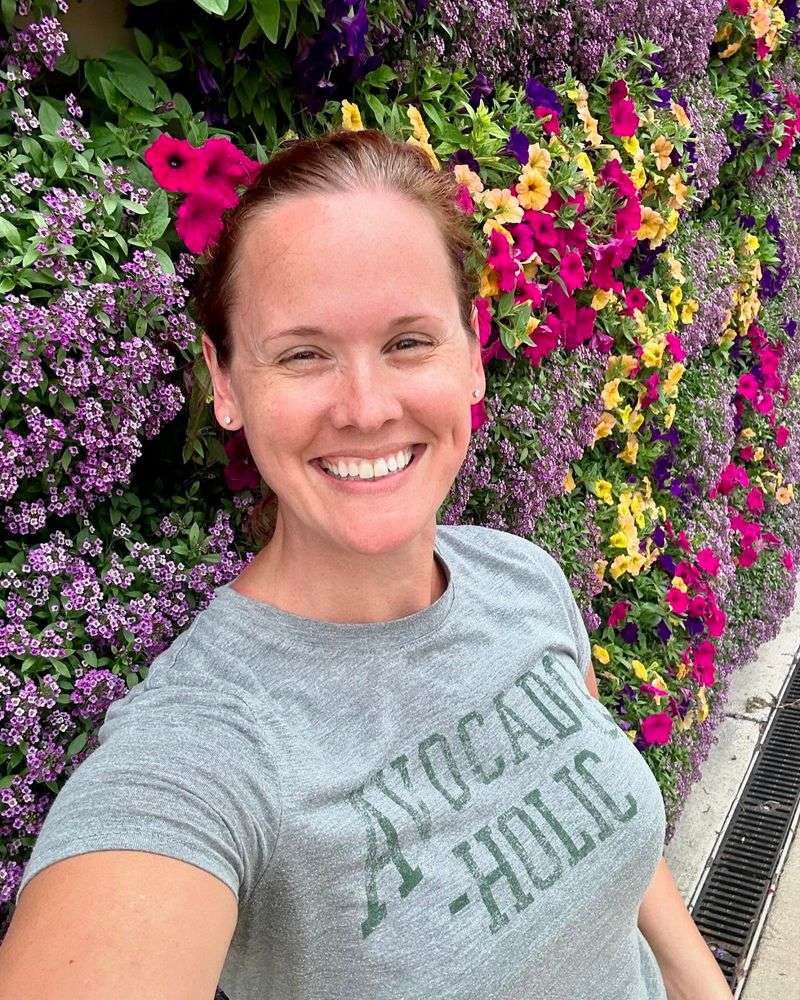16 Things Women Over 40 Refuse To Care About Anymore

Remember those days when we worried about every little thing people thought about us?
As women cross the magical 40-year threshold, something remarkable happens. We start shedding those unnecessary concerns that once weighed us down.
Life experience brings clarity about what truly matters, and suddenly, those old anxieties just don’t seem worth the energy anymore.
1. Other People’s Opinions
The constant worry about judgment from neighbors, coworkers, or even family members finally loses its grip after 40. Those sideways glances or whispered comments that once caused sleepless nights? They simply roll off your back now.
You’ve lived long enough to recognize that most people are too wrapped up in their own lives to scrutinize yours anyway. And those who do make it their business to criticize? Their opinions reflect more about them than about you.
Freedom arrives when you realize that seeking universal approval is both exhausting and impossible. Your choices, your style, your priorities belong to you alone – and that knowledge brings an incredible sense of liberation that younger women often haven’t yet discovered.
2. Chasing Trendy Fashions
Remember frantically rushing to stores whenever fashion magazines announced the season’s must-haves? That urgency to stay current with every passing trend fades beautifully after 40. You develop a personal style that works for your body and lifestyle – not what some designer decided everyone should wear this month.
Closets become more streamlined, filled with pieces you genuinely love rather than impulse purchases that looked good on mannequins. The relief of wearing what makes you feel comfortable and confident replaces the pressure to keep up with ever-changing styles.
This doesn’t mean abandoning fashion altogether – it means becoming its master rather than its servant. You select trends that complement your established style rather than desperately chasing every fleeting fad that appears on runways.
3. Body Perfection Pressure
The tyranny of impossible beauty standards loses its power over women who’ve lived through four decades. Those minor flaws that seemed catastrophic at 25 – a little cellulite, stretch marks, or laugh lines – transform into badges of a life well-lived.
Bodies change. They age. They tell stories. After 40, many women develop a profound appreciation for what their bodies have accomplished rather than how closely they match airbrushed magazine covers. The body that carried children, survived illness, worked hard, and experienced pleasure deserves respect, not constant criticism.
Physical health and feeling good become the priorities, replacing the exhausting pursuit of an idealized figure. Exercise becomes about strength and mobility rather than dropping dress sizes. This shift brings tremendous mental freedom and often better physical health too.
4. Fear of Aging
The panic about each new birthday starts to fade after 40. Instead of dreading the advancing years, women begin recognizing the privileges that come with age – confidence, perspective, and the wisdom to distinguish between genuine problems and minor inconveniences.
Gray hairs might be covered or proudly displayed, but they no longer trigger existential crises. Each year brings new opportunities rather than representing some countdown to irrelevance. Many women report feeling more themselves, more authentic, and more comfortable in their own skin with each passing year.
The fear of becoming invisible or less valuable gives way to appreciation for the freedom that comes with maturity. No longer feeling obligated to please everyone or conform to expectations creates space for genuine self-discovery that wasn’t possible in earlier decades.
5. Toxic Relationships
By 40, the energy for maintaining draining relationships simply evaporates. The friend who constantly criticizes, the relative who undermines your confidence, or the acquaintance who only appears when they need something – all become candidates for reevaluation.
Four decades of life experience helps women recognize patterns more quickly and value their peace enough to establish boundaries. The guilt that once kept unhealthy connections alive diminishes in the face of limited time and emotional energy.
This doesn’t mean becoming cold or uncaring. Rather, it means investing in relationships that bring mutual support and joy while gracefully stepping back from those that consistently deplete your reserves. The resulting social circle may be smaller, but it’s infinitely more nurturing and authentic.
6. Social Media Validation
The compulsion to document every moment for public consumption fades dramatically after 40. Women become more selective about what they share online, often preferring to fully experience life rather than viewing it through a screen while hunting for the perfect angle.
Comment counts and like notifications lose their emotional impact. The constant comparison trap that social platforms encourage becomes easier to recognize and avoid. Many women find themselves posting less frequently but more authentically, or even stepping away from certain platforms altogether.
This shift brings tremendous mental freedom. Vacations become about making memories rather than creating content. Accomplishments feel satisfying whether shared publicly or not. The endless quest for external validation gives way to an internal barometer that measures genuine satisfaction instead of public approval.
7. Fitting Into Social Circles
The desperate need to belong that drives so many social decisions in earlier decades naturally evolves after 40. The energy spent trying to mold yourself to fit certain groups or gain acceptance from particular people simply doesn’t seem worth it anymore.
Women become more selective about their social environments, choosing gatherings and communities that align with their authentic selves rather than trying to contort themselves to fit in. The freedom to decline invitations without elaborate excuses becomes one of midlife’s unexpected pleasures.
This shift often leads to more meaningful connections. When you’re no longer exhausting yourself trying to be what others expect, you have energy to build relationships based on genuine common ground. The resulting friendships tend to be fewer but far deeper and more sustaining.
8. Extreme Diet Regimens
The carousel of punishing diet trends loses its allure after four decades. Women grow weary of the constant deprivation followed by inevitable rebounds. The wisdom of experience reveals that most extreme approaches deliver temporary results at best and physical harm at worst.
Nutrition becomes about nourishment and enjoyment rather than restriction. Many women develop a more intuitive relationship with food, recognizing what makes their unique bodies feel energized versus sluggish. The all-or-nothing mentality gives way to balanced approaches that can be maintained long-term.
Perhaps most importantly, food loses its moral dimension. No more “being good” by skipping dessert or “cheating” with a slice of pizza. Meals become opportunities for pleasure and connection rather than battlegrounds for control, bringing a peace around eating that younger women often struggle to find.
9. Universal Likability
The exhausting effort to be everyone’s cup of tea simply becomes unsustainable after 40. Women recognize that personality compatibility, like any other compatibility, isn’t universal – and that’s perfectly okay.
This realization brings tremendous freedom. You can express opinions without excessive hedging, make choices without consulting everyone’s preferences, and allow your authentic personality to emerge without constant self-editing. The mental energy previously spent on universal likability becomes available for pursuits that actually matter to you.
Rather than indicating selfishness, this shift often allows for more genuine connections. When you’re not constantly performing a watered-down version of yourself, the people who truly appreciate your specific qualities can find and connect with you. The resulting relationships tend to be more authentic and sustaining.
10. Dressing For Others
After 40, the mental calculation of how others might judge your outfit gradually fades away. The uncomfortable shoes that looked great but caused pain, the trendy items that never quite felt like “you,” and the constant worry about being appropriately dressed for every occasion – all lose their power.
Women develop a wardrobe that reflects their personal taste, comfort needs, and lifestyle rather than external expectations. This might mean embracing bright colors previously avoided, abandoning uncomfortable undergarments, or simply wearing what feels good regardless of “age-appropriate” fashion rules.
The freedom extends beyond clothing choices to overall appearance. Hair length, makeup preferences, and accessory choices become personal expressions rather than attempts to meet arbitrary standards. This authenticity often results in a more confident presentation that actually draws more positive attention than the previous efforts to please everyone.
11. Excessive Apologizing
The automatic “sorry” that prefaced so many sentences in earlier decades starts to disappear after 40. Women begin noticing how often they apologize for things that require no apology – taking up space, having needs, or simply existing in the world.
This awareness leads to more deliberate communication. Genuine apologies remain important for actual mistakes, but the reflexive self-diminishment gradually falls away. Standing firm on decisions, expressing needs directly, and occupying physical and conversational space become natural rather than guilt-inducing.
The impact of this shift extends beyond personal interactions into professional settings. Many women find their workplace effectiveness increases when they stop undermining their own authority with unnecessary apologies. Colleagues and family members might initially notice the change, but most quickly adjust to this more direct and confident communication style.
12. Saying No Without Explanations
The elaborate excuses once deemed necessary when declining requests become unnecessary after 40. Women discover the power of a simple, direct “no” without the paragraph of justifications that once seemed mandatory.
This boundary-setting extends across all relationships – professional colleagues asking for extra work, friends requesting time-consuming favors, family members making unreasonable demands. The realization that most reasonable people accept a polite decline without extensive explanation brings tremendous freedom.
Perhaps most importantly, women recognize that their time and energy are finite resources deserving protection. The discomfort of potentially disappointing others becomes less daunting than the certainty of overcommitting and exhausting yourself. This recalibration creates space for activities and relationships that genuinely matter rather than those entered out of obligation.
13. Hiding Emotional Responses
The pressure to maintain a perfectly composed exterior regardless of circumstances starts lifting after 40. Women recognize that authentic emotional responses – whether tears, laughter, or righteous anger – are natural human experiences rather than weaknesses to be suppressed.
This doesn’t mean becoming emotionally unregulated. Rather, it means acknowledging feelings appropriately instead of performing constant emotional labor to appear perpetually pleasant. Being moved to tears by something meaningful no longer triggers embarrassment. Expressing frustration when treated unfairly becomes acceptable.
The energy previously spent on emotional suppression becomes available for more productive purposes. Many women report that this authenticity actually improves their relationships, as others respond to their genuine emotions rather than the polished facade that previously hid them. The freedom to experience emotions without judgment brings unexpected peace.
14. Perpetual Productivity
The compulsion to fill every moment with productive activity gradually releases its grip after 40. Women begin questioning the cultural narrative that constant busyness equals worth, recognizing that rest and reflection are equally valuable states of being.
Weekends spent entirely on leisure without accompanying guilt become possible. The ability to sit quietly without reaching for a task list or checking email feels increasingly natural. Many women rediscover activities enjoyed purely for pleasure rather than achievement – reading without educational purpose, creating art without professional goals, or simply observing nature without documentation.
This shift often improves actual productivity during working hours. The brain and body, properly rested and regularly engaged in activities that bring joy, function more effectively than when driven relentlessly. The quality of both work and leisure improves when each is given its proper place.
15. Having Everything Figured Out
The pressure to have life perfectly organized and future plans completely mapped out finally eases after 40. Women embrace the reality that life remains unpredictable regardless of age, and that continuing to learn and evolve is not a failure but a natural part of the human experience.
Career changes, new interests, or significant life pivots no longer carry the stigma they might have in earlier decades. Many women discover that admitting uncertainty actually opens more doors than pretending to have all the answers. The freedom to say “I don’t know yet” or “I’m still figuring that out” brings unexpected relief.
This comfort with uncertainty often leads to greater resilience when facing life’s inevitable challenges. Rather than being derailed by situations that don’t fit the perfect life plan, women develop confidence in their ability to adapt and find new paths forward when necessary.
16. Pleasing Everyone
The mathematical impossibility of satisfying everyone’s conflicting expectations becomes crystal clear after 40. Women finally accept that disappointing someone is inevitable, no matter how hard they try to accommodate every preference and need around them.
This realization shifts the focus from the impossible task of universal people-pleasing to the more manageable goal of making choices aligned with personal values. Family dynamics, workplace relationships, and friendships all benefit from this more authentic approach, even if it occasionally means saying no or setting boundaries that others might initially resist.
Perhaps most importantly, women recognize that constantly subordinating their own needs creates resentment that ultimately damages the very relationships they’re trying to preserve. The counterintuitive truth emerges: appropriate self-care and boundary-setting actually enable more sustainable and genuine care for others.



